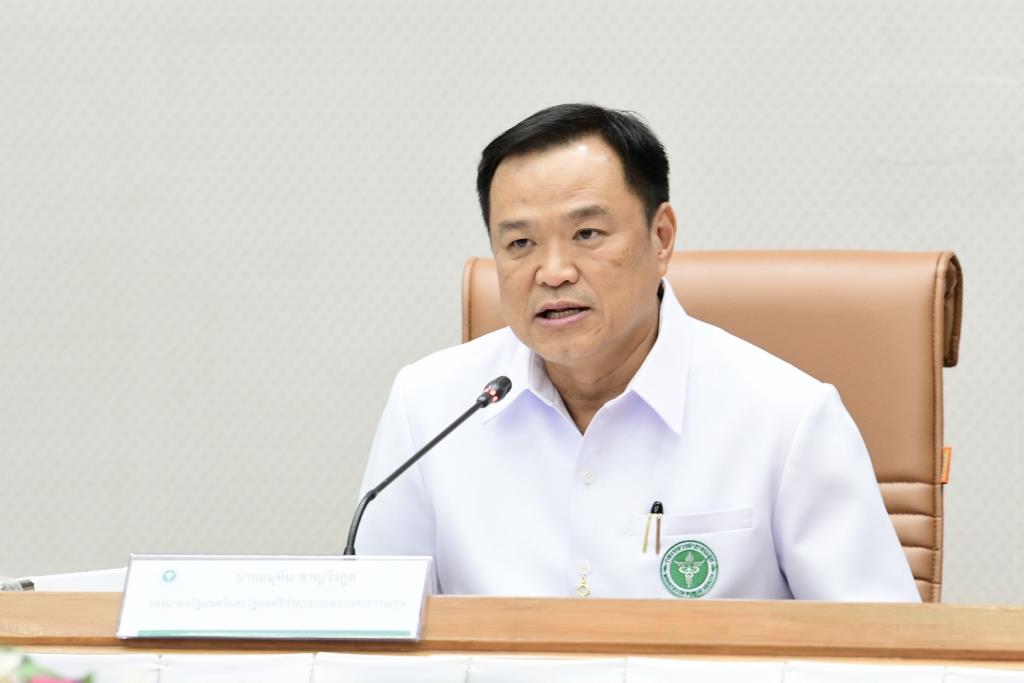This act of rebellion, on Wednesday, October 19, by a handful of Quebec deputies who refused to take the oath of the new King Charles III: “I deny any loyalty, any submission to Charles III, declared king of Canada. (…). To him, his successors, heirs and representatives. I don’t recognize any sovereignty over Quebec. ”
The Canadian Constitution, however, requires members to swear allegiance to the king, the English ruler, officially Canada’s Head of State. But these 11 deputies of the Parti de gauche Québec Solidire took their stand, believing that this oath was a reminder of colonial rule and that the British monarchy had cost 67 million Canadian dollars, or so. 50 million euros all the same in the country every year.
These deputies run the risk of not being able to sit in the Quebec National Assembly at the end of November. The spokesman for this party, Gabriel Nadeau-Dubois, then assured at a press conference that he had acted “with full knowledge of the facts”. “We campaigned to change the era in Quebec and if we were sent to Parliament, it was to open the windows,” he added.
The monarchy in question?
On Monday some public figures had also denounced the obligation of deputies to swear allegiance to the British crown. Questioned Wednesday about the monarchy, Canadian Prime Minister Justin Trudeau reiterated “that there was no Quebecer” who wanted to “reopen the Constitution”.
The abolition of the monarchy in fact requires the rewriting of the Constitution and would represent a titanic effort and potentially years of political negotiations as it requires the unanimous approval of the Parliament and the governments of the ten Canadian provinces.
However, in a poll last April, for the first time in the country’s history, a small majority of Canadian citizens said they wanted to end the royals, whose role today is largely ceremonial. A percentage that reached 71% in Quebec.

